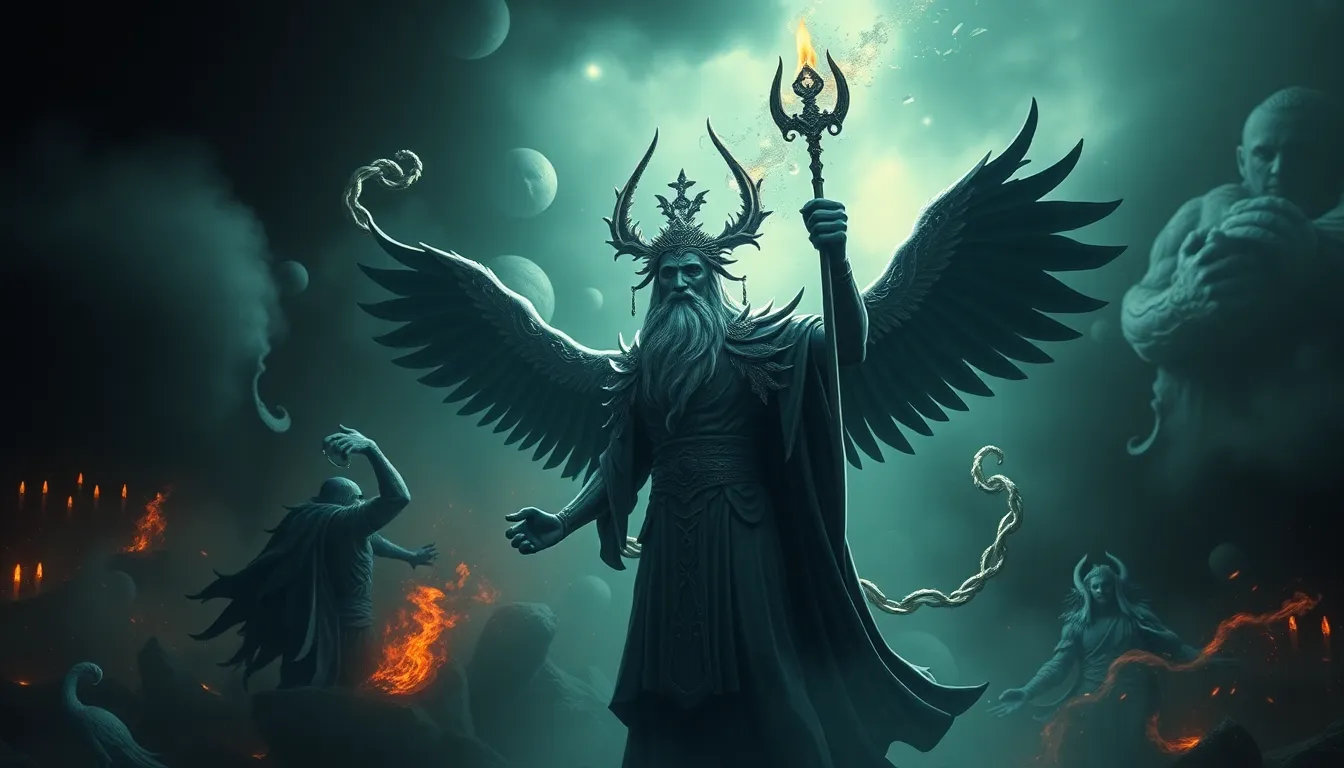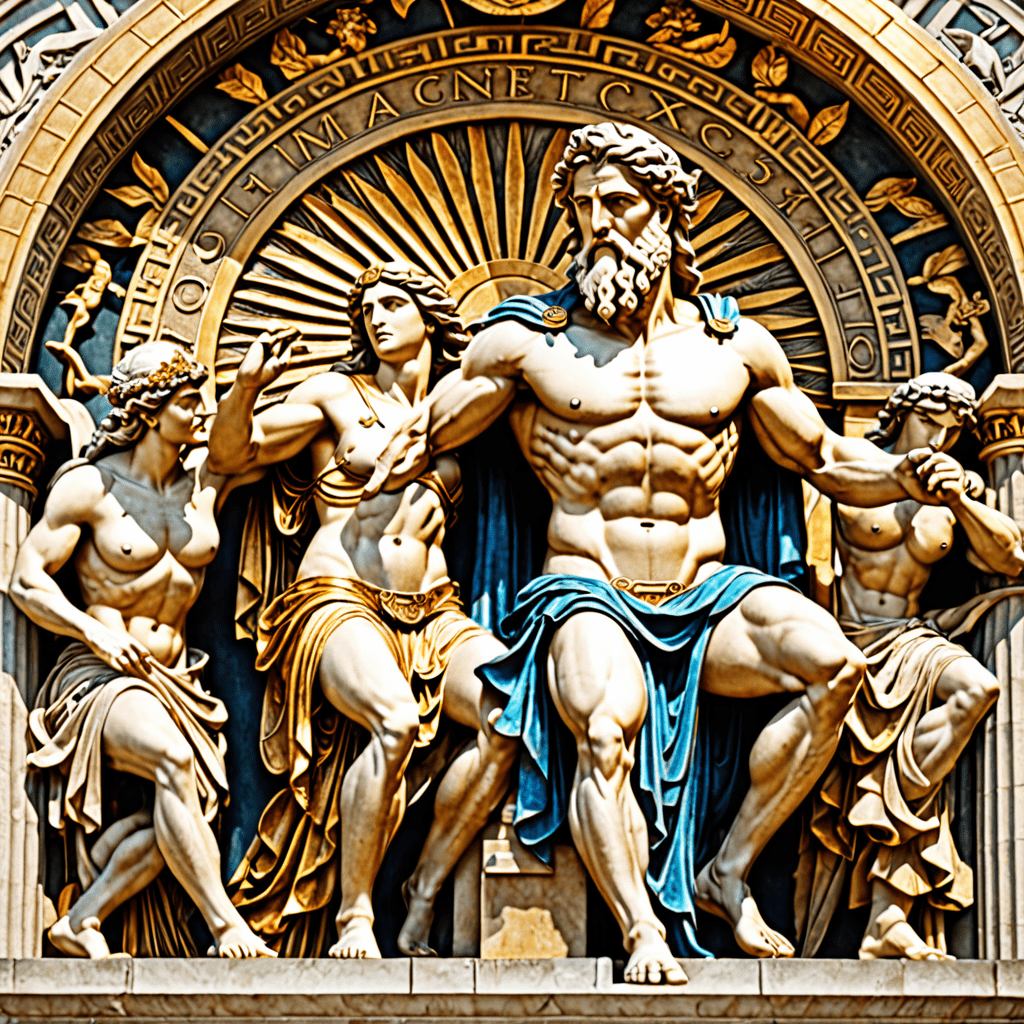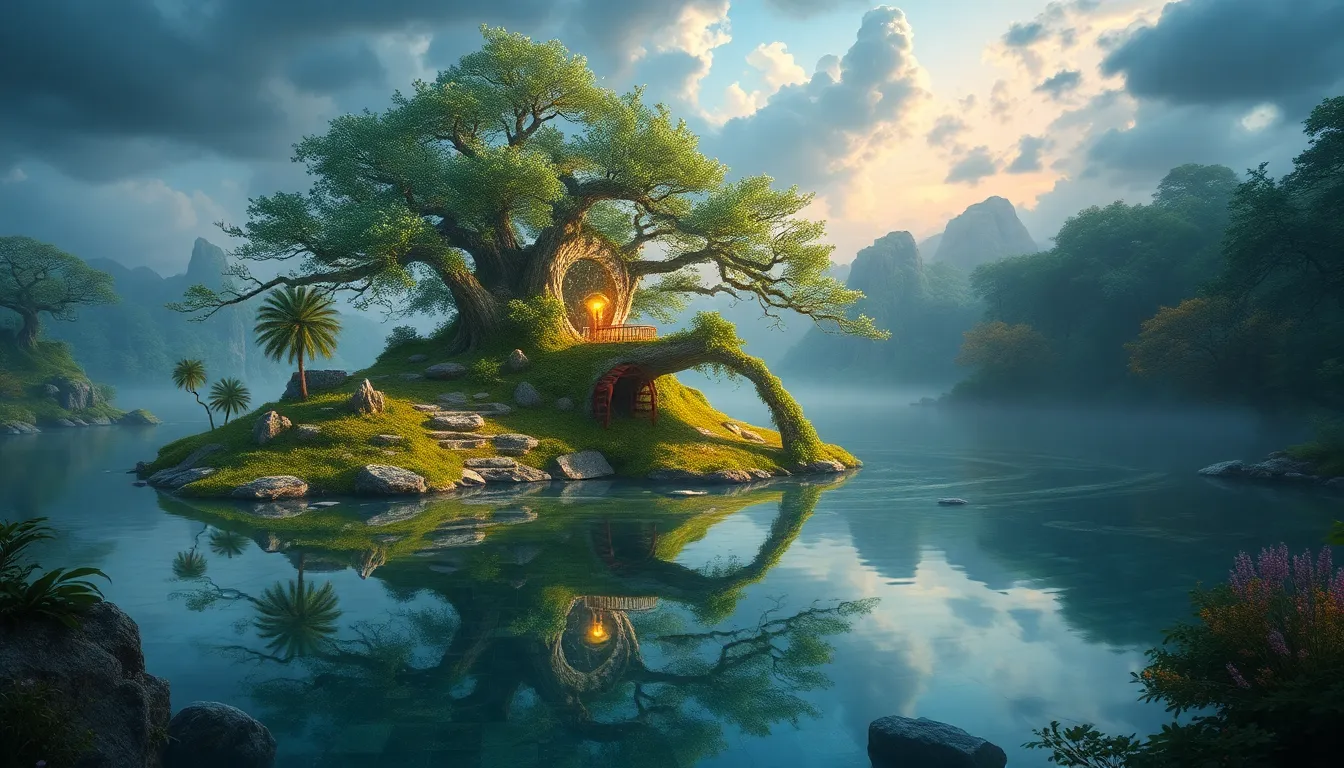Why We Need Cultural Heroes: Lessons from Mythology
I. Introduction
Cultural heroes are figures who embody the values, ideals, and aspirations of a society. They serve as role models and inspire individuals to strive for greatness, often reflecting the cultural narratives that define a community. Myths play a crucial role in shaping these narratives, weaving together the fabric of societal values and beliefs.
The importance of mythology extends beyond mere storytelling; it provides a framework through which societies interpret their past, understand their present, and envision their future. In this article, we will explore the relevance of cultural heroes today, drawing lessons from mythology that can guide contemporary society.
II. The Role of Mythology in Human Culture
Mythology is a universal component of human culture, manifesting in various forms across different societies. From the ancient Greeks and Norse to the indigenous peoples of the Americas and Africa, myths serve several essential functions:
- Explanation: Myths offer explanations for natural phenomena and human experiences, helping societies make sense of the world around them.
- Moral Guidance: They provide moral frameworks, teaching lessons about right and wrong, justice, and virtue.
- Identity: Myths contribute to the formation of cultural identity, giving individuals a sense of belonging and purpose.
The enduring nature of mythological stories illustrates their significance. These tales have been passed down through generations, evolving yet remaining relevant as they adapt to contemporary issues and values.
III. Characteristics of Cultural Heroes
Cultural heroes across various traditions share certain traits that resonate with human experience:
- Bravery: Heroes often confront danger or adversity with courage.
- Sacrifice: Many heroes are willing to put their own needs aside for the greater good.
- Wisdom: They possess knowledge or insights that guide their actions and decisions.
The hero’s journey, a narrative structure found in many myths, illustrates these characteristics. This framework typically involves a call to adventure, facing challenges, and ultimately achieving a form of transformation. The impact of cultural heroes is profound, influencing self-identity and community values, motivating individuals to emulate their virtues.
IV. Lessons from Mythological Heroes
Mythological heroes offer timeless lessons that are applicable even today:
- Perseverance in the face of adversity: Figures like Odysseus from Greek mythology and Thor from Norse mythology exemplify the struggle against overwhelming odds. Their journeys teach resilience and determination.
- The significance of moral integrity: Heroes like King Arthur and Nelson Mandela serve as role models, demonstrating the importance of standing up for what is right, even when faced with personal risk.
- Transformative journeys: The experiences of heroes inspire personal growth, encouraging individuals to embark on their own journeys of self-discovery and improvement.
V. Cultural Heroes in Modern Society
While ancient heroes laid the groundwork for our understanding of heroism, contemporary figures have redefined what it means to be a hero:
- Activists: Modern heroes like Malala Yousafzai and Martin Luther King Jr. continue to inspire social change through their courage and dedication to justice.
- Leaders: Political figures, such as Jacinda Ardern, demonstrate how leadership can embody compassion and resilience in challenging times.
Pop culture also plays a significant role in shaping contemporary heroism. Characters from films, books, and television often reflect the complexities of modern society, making heroism more accessible and relatable. Furthermore, the importance of diversity in modern cultural heroes cannot be overstated, as representation allows various narratives and experiences to be validated and celebrated.
VI. The Psychological Impact of Cultural Heroes
The phenomenon of hero worship can significantly affect individual behavior and societal norms. Heroes often serve as benchmarks for personal aspirations, influencing how people perceive their capabilities and motivations.
Additionally, heroes play a vital role in overcoming collective trauma. In times of crisis, cultural heroes can unite communities, providing hope and a sense of direction. The psychological archetypes represented by these heroes are relevant in personal development, allowing individuals to explore their potential and confront their fears.
VII. Cultural Heroes and Social Change
Throughout history, many cultural heroes have driven social movements and inspired change:
- Historical Examples: Figures like Rosa Parks and Gandhi exemplify how one person’s actions can spark a movement, challenging systemic injustices.
- Inspiration for Activism: Today’s cultural heroes have the potential to inspire activism, encouraging individuals to engage with pressing social issues.
However, the challenge remains to maintain heroism in addressing complex societal dilemmas, where clear-cut answers are often elusive.
VIII. Critiques of the Hero Myth
While celebrating cultural heroes, it is essential to recognize the critiques surrounding the idealization of heroism:
- Flaws and Moral Ambiguity: Many heroes have flaws that complicate their narratives. Idealizing them can lead to unrealistic expectations.
- Exclusion of Alternative Narratives: Focusing on prominent heroes often overlooks unsung figures who also contribute to society in meaningful ways.
- Nuanced Understanding: A more nuanced approach to heroism is necessary, acknowledging that heroes can be imperfect and that their stories may not fit into traditional molds.
IX. Reimagining Cultural Heroes for Future Generations
Education plays a critical role in promoting a diverse array of cultural heroes. By incorporating various narratives into curricula, young people can develop a broader understanding of heroism.
Encouraging critical thinking about heroism enables future generations to appreciate the complexities of human experience, fostering empathy and awareness. Additionally, technology and social media are reshaping the emergence of heroes, providing platforms for diverse voices and stories that challenge traditional narratives.
In conclusion, cultural heroes and their mythological roots continue to hold profound significance in our lives. They inspire, guide, and challenge us, reminding us of our potential to effect change in ourselves and our communities. By learning from these heroes, we can cultivate a more inclusive and aware society, one that honors the lessons of the past while embracing the complexities of the present and future.



